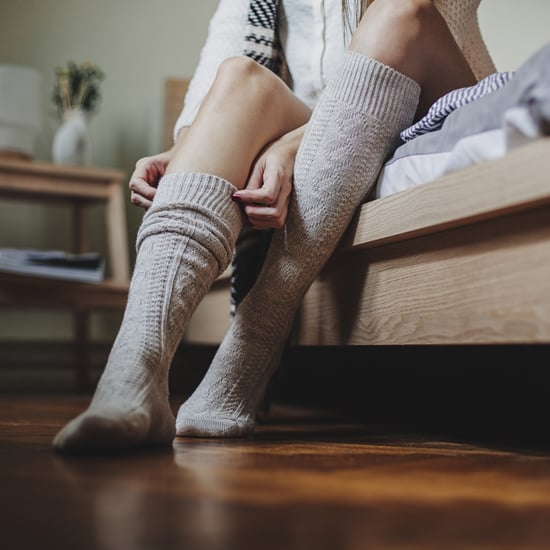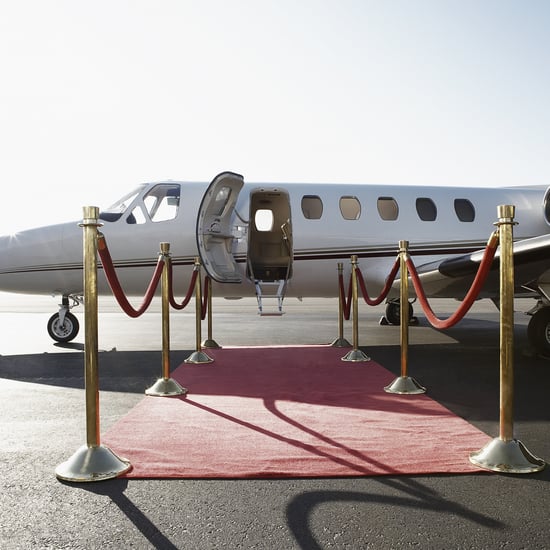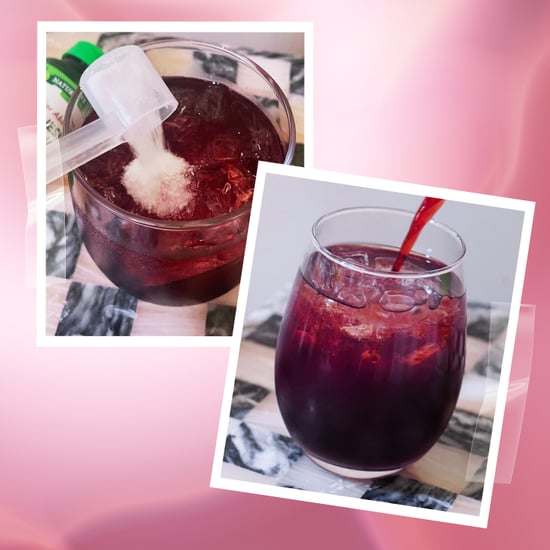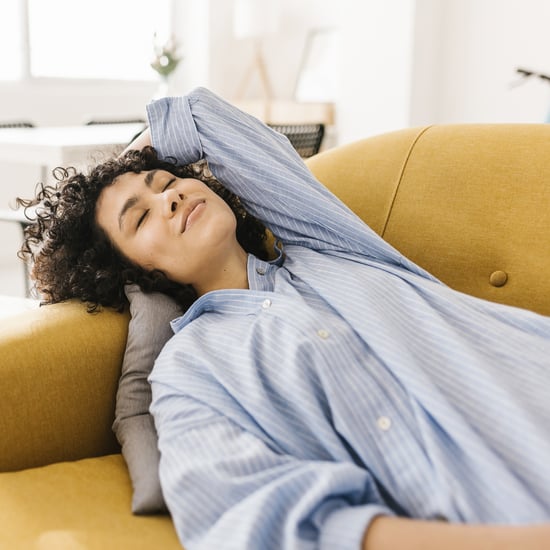Does Eating Late Prevent You From Falling Asleep?
If You're Eating Any of These Foods Late in the Evening, They Could Be Messing With Your Sleep
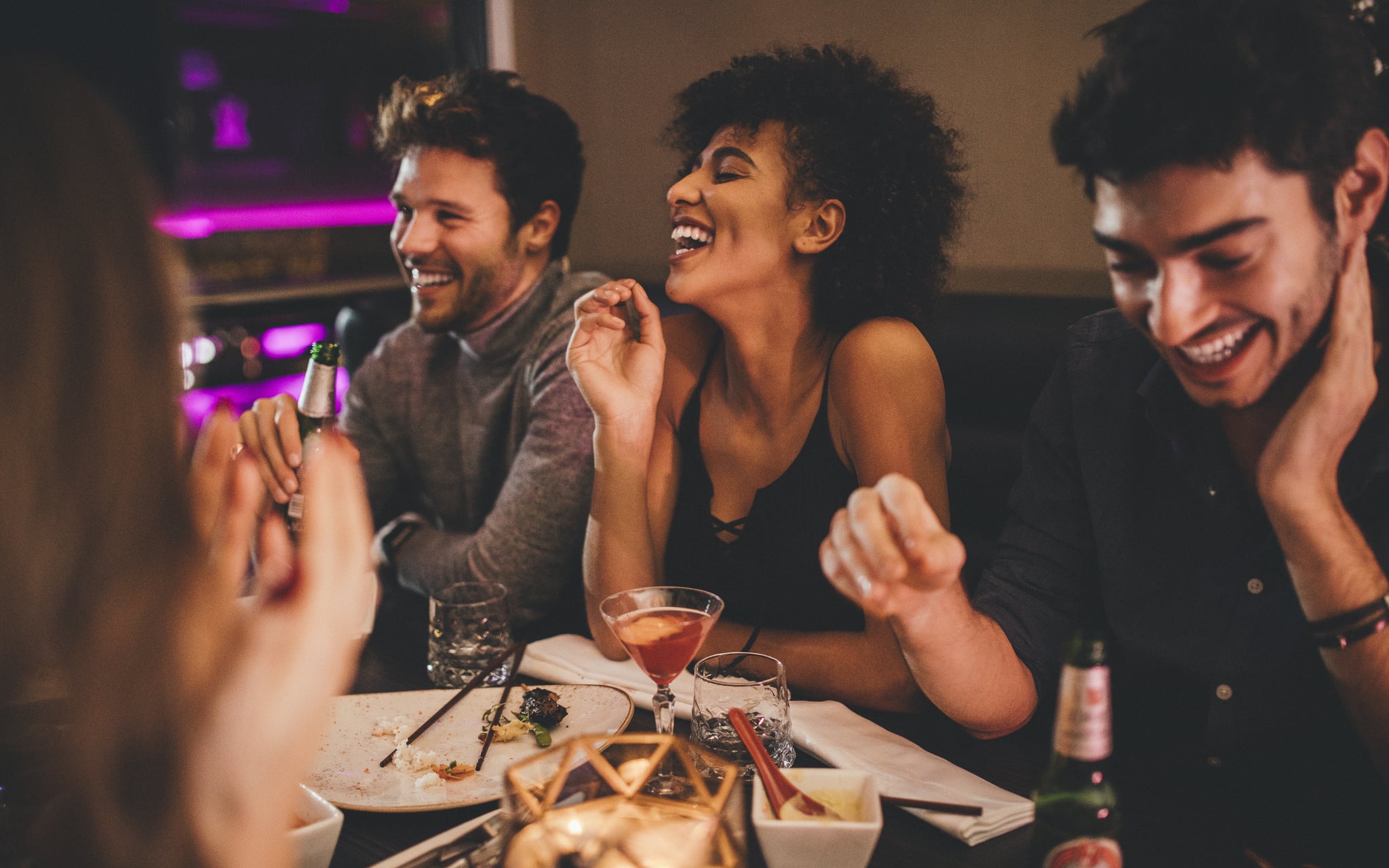
There are so many things that can disrupt your sleep — from stress about work deadlines to the temperature of the room — but if you find yourself tossing and turning after a late night with friends or an indulgent meal at home, you may need to reevaluate your eating habits.
Eating too close to bedtime can be especially problematic if you're prone to heartburn. "Laying horizontally after a meal can allow stomach acid to travel back up the esophagus, leading to a bitter taste in the mouth or burning in the chest," Lauren Cadillac, a registered dietitian in New York City, told POPSUGAR. "In addition to spicy foods, acidic foods like tomatoes, tomato sauce, and citrus fruits may be problematic, and chocolate may also worsen reflux."
Foods and beverages that contain caffeine, such as coffee, tea, and soda, should be avoided as well, she added. Caffeine blocks a chemical that helps make you sleepy, and it's also a diuretic, which can cause you to make a trip to the bathroom during the night. Lauren recommends cutting yourself off from caffeine after lunchtime.
"Eating a large meal right before bedtime can also affect your ability to sleep," Lauren said. "If your stomach feels overly full and you can feel the contents churning, this can cause discomfort and prevent you from falling asleep. A high-protein or high-fat meal is more difficult to digest and should be avoided before bed."
If you find you're still hungry in the late evening, Lauren suggests eating a carbohydrate-rich snack, such as a small cup of oatmeal or rice cake with peanut butter, which may increase the level of the sleep-inducing amino acid tryptophan in the blood. When you're mindful, food can actually help ease you into sleep instead of keeping you up.


